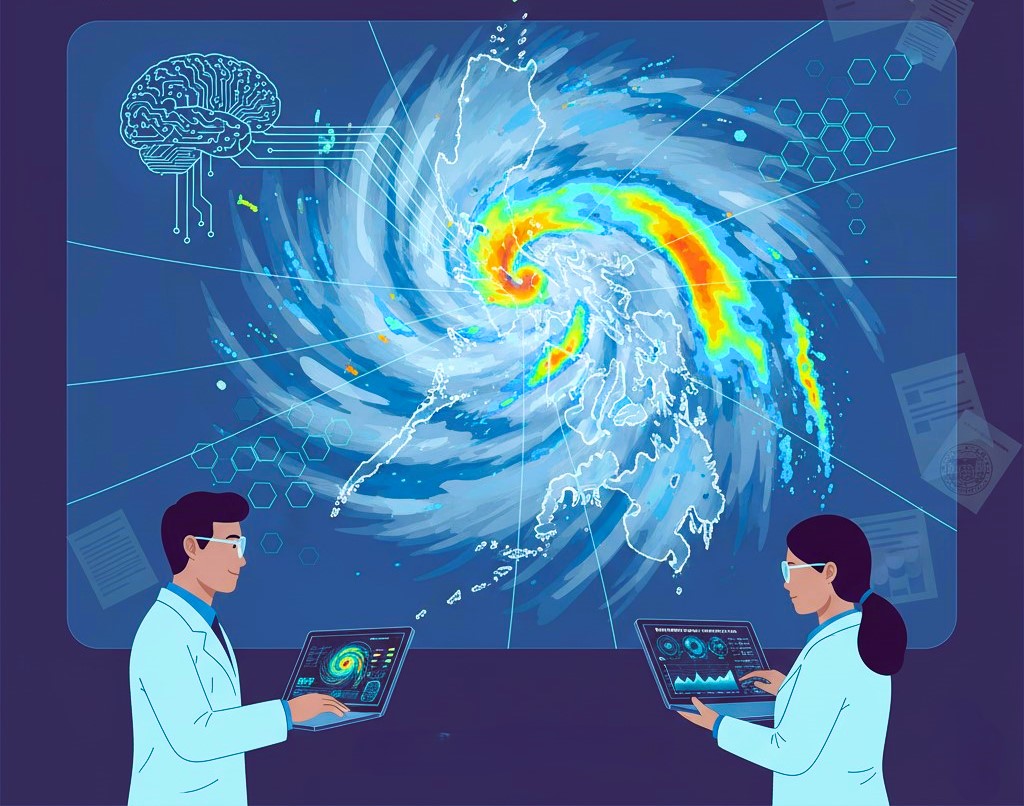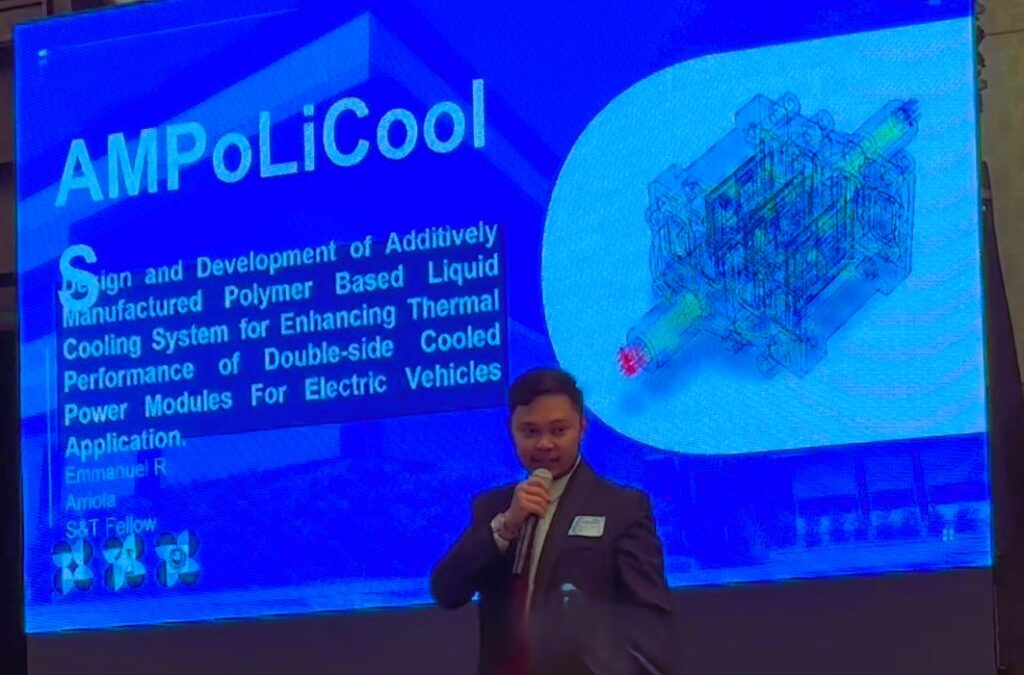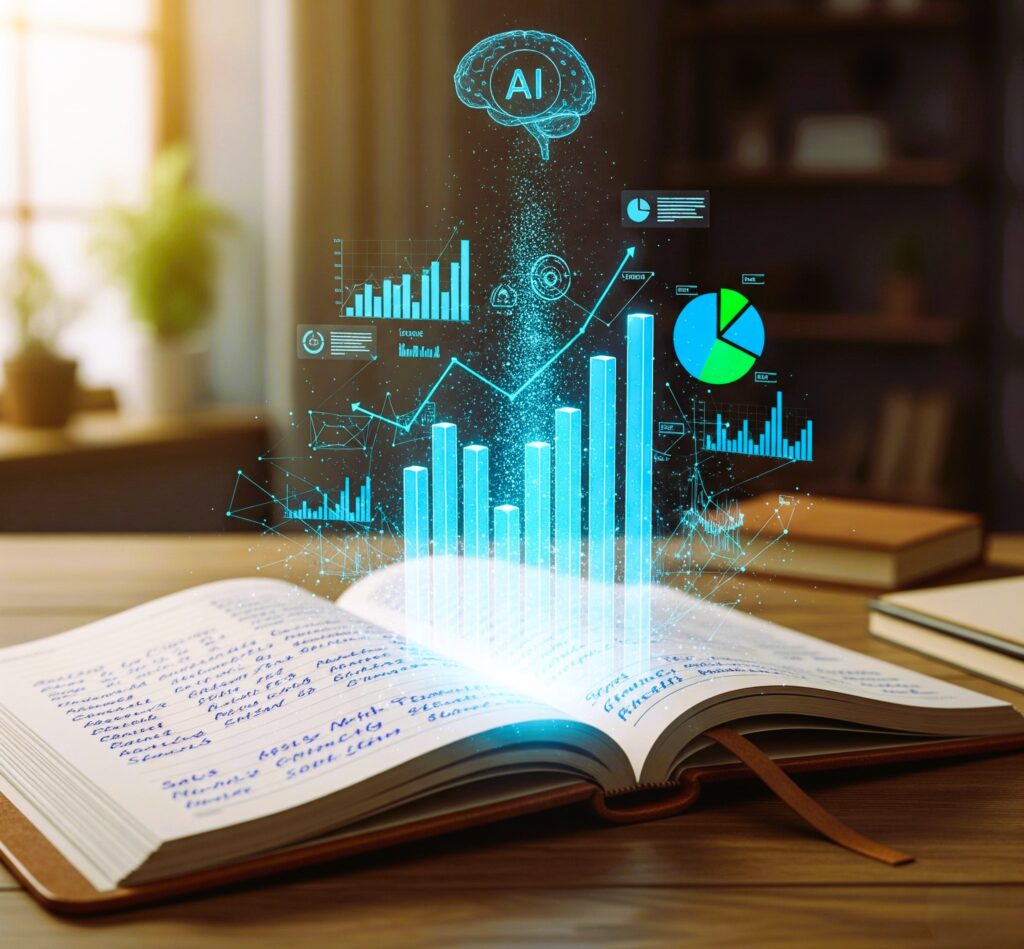BYD, Kia, GAC present new models at PH EV summit
The Electric Vehicle Association of the Philippines opened its 3-day 13th Philippine Electric Vehicle Summit today, Oct. 23, at the SMX Convention Center Manila. The summit, which runs until Oct. 25, is themed “Charge Ahead, Ignite the EVolution,” PEVS 2025 showcases the latest innovations, technologies, and models from various EV brands such as BYD Cars […]
BYD, Kia, GAC present new models at PH EV summit Read More »









